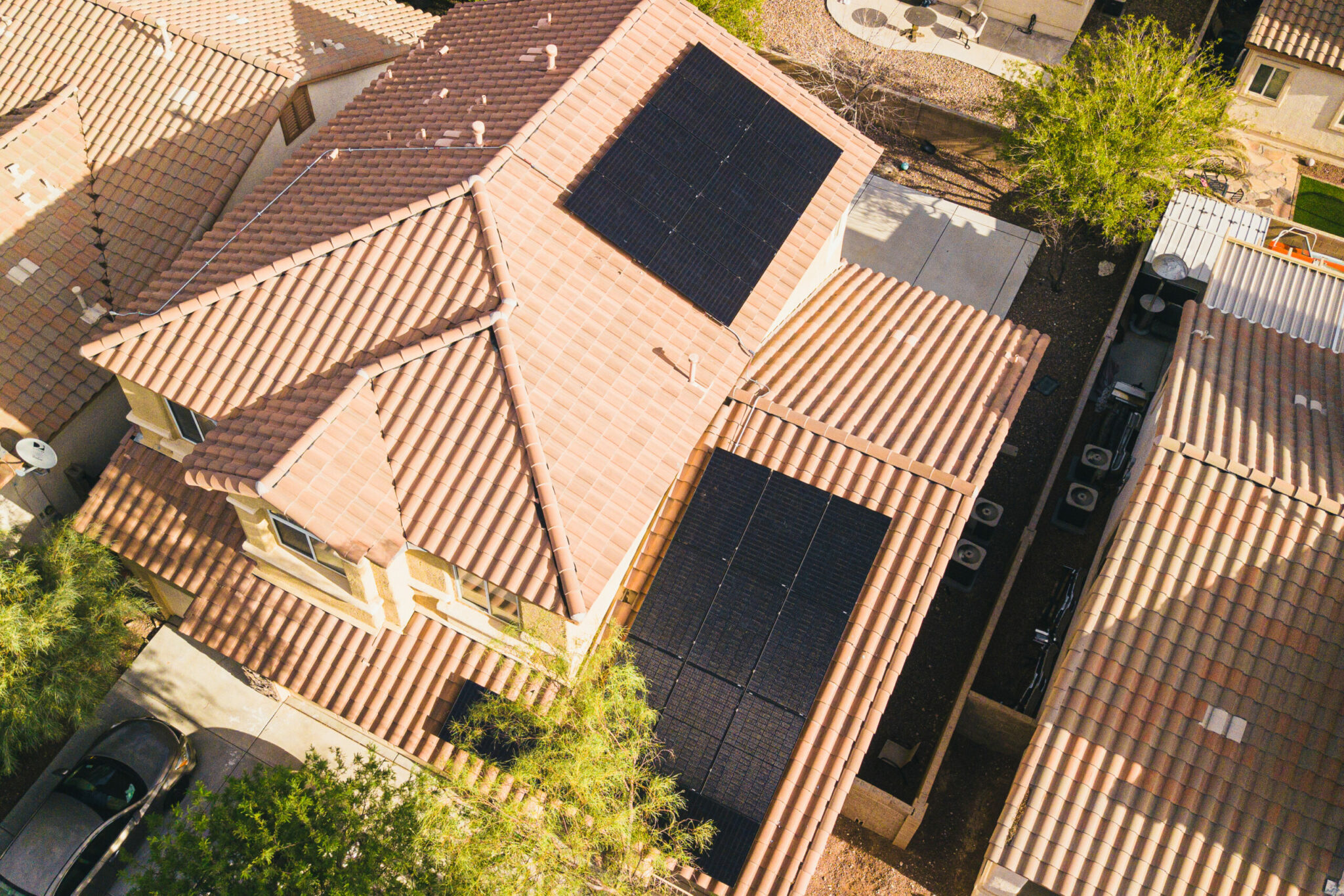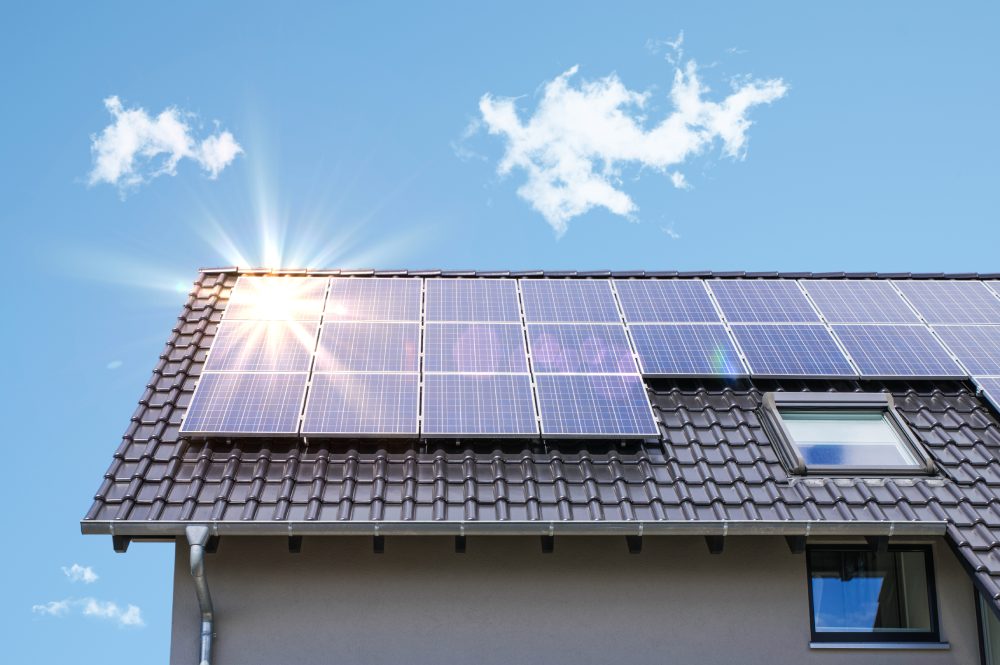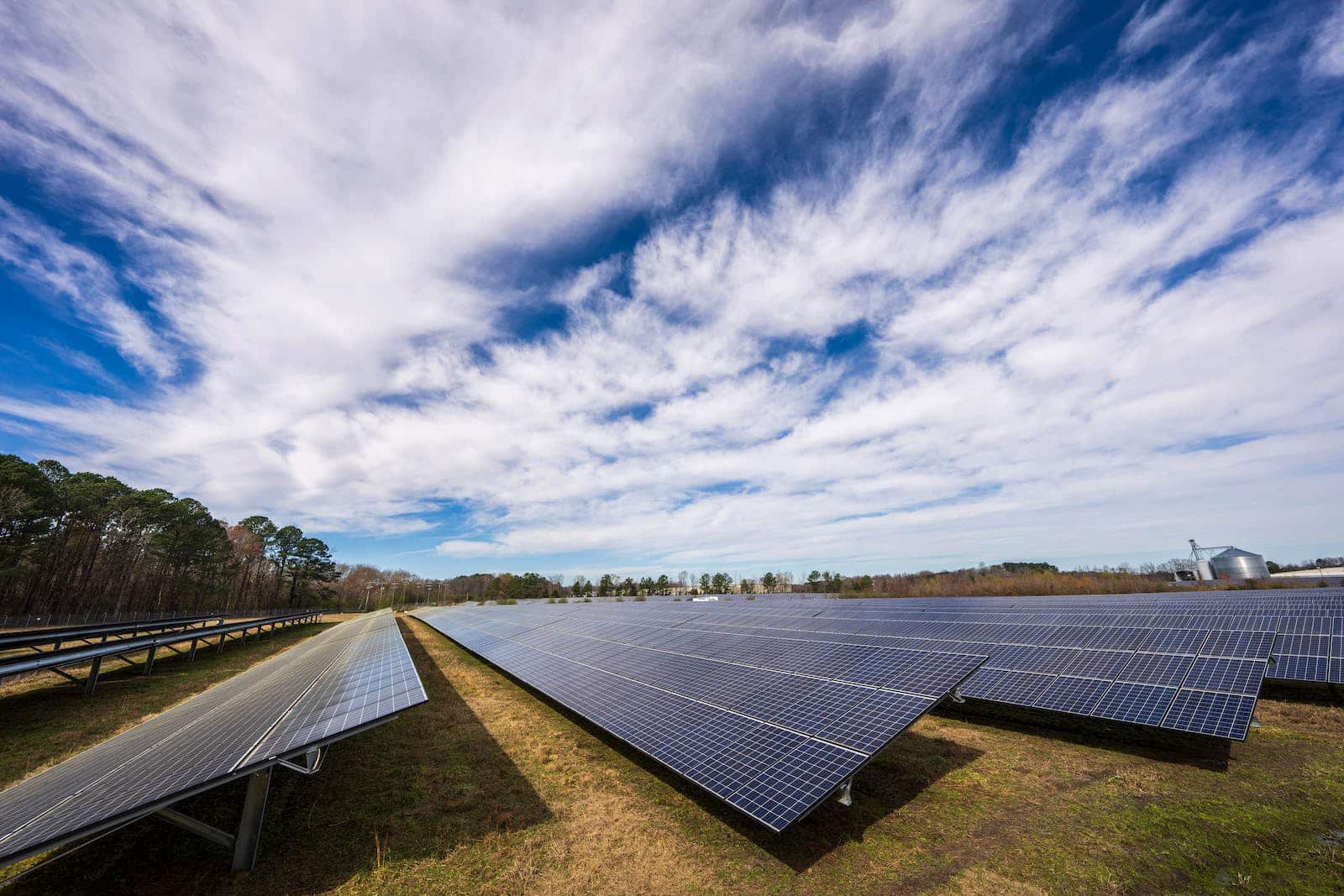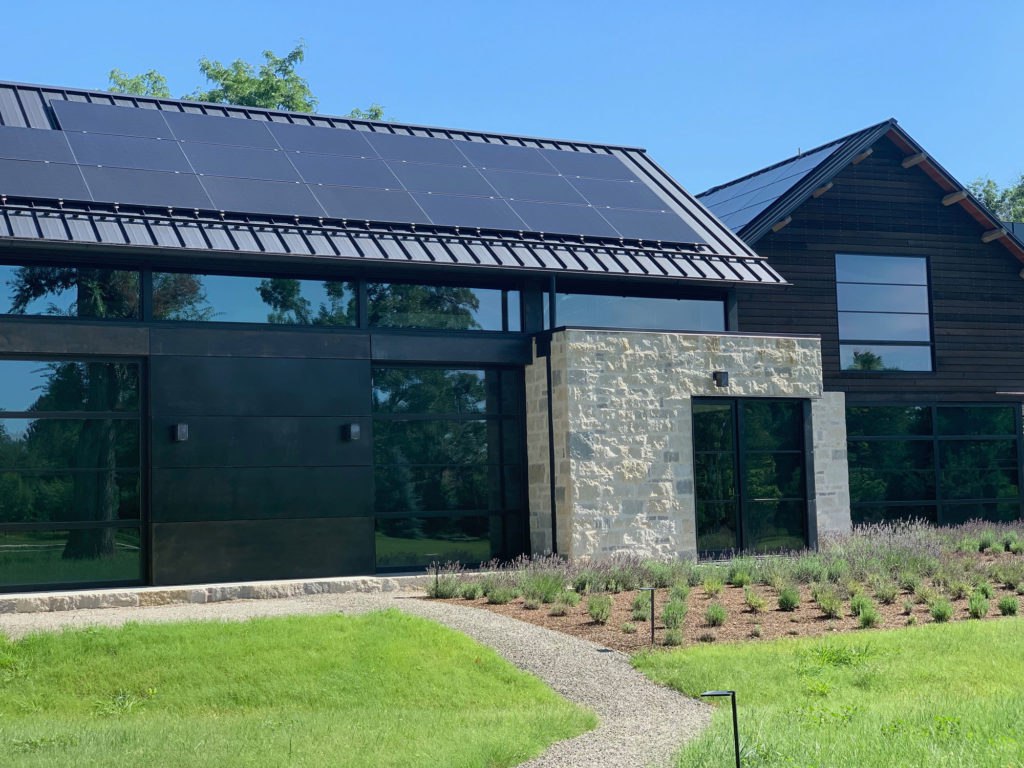Embarking on a journey towards solar energy for your home begins with a pivotal step: a solar consulting session.
Many companies offer a free solar consultation to help homeowners understand the benefits and process without any initial cost. This essential meeting not only educates homeowners about the advantages of solar power but also tailors solutions to their unique needs.
In this comprehensive guide, we’ll navigate through the pressing questions to pose during your consultation, delve into the intricacies of solar system selection, and explore the diverse financing avenues available.
Key Questions for Your Solar Energy Consultant
Here are some key questions to ask your solar consultants during the consultation:
- Can you help me review my electric bill to determine how many solar panels my household will need?
- What is the investment involved in setting up a solar panel system?
- Is my roof compatible with solar installation?
- How long will it take to see financial returns from my solar panel system?
- What rebates or tax incentives are available for adopting solar energy?
- What happens if I sell my home or relocate after installation?
- How long will the installation of my solar panel system take?

Interview with a Solar Consultant
When considering solar energy for your home, the first step is often a comprehensive consultation. But what exactly happens during this crucial meeting?
During the consultation, a variety of consulting services are offered, including feasibility analysis, energy system design, and financial analysis.
To shed light on the solar consultation process, we sat down with our National Sales Director, David Hogan. In this section, David shares his expertise and offers valuable tips to help prospective buyers navigate their journey toward sustainable energy.
From assessing your energy needs to understanding installation timelines, David provides an insider’s perspective to ensure you make informed decisions every step of the way.

Q: What information do you need from a potential customer before the solar consultation?
DH: “Before we dive into a solar consultation, we need a few key details from you: your current energy bill, your roof’s condition, any shading issues, and your energy goals. Or even whether this is a residential or commercial solar job. This helps us tailor a solution that fits your needs perfectly!”
Q: What should customers expect during the initial phone call or meeting?
DH: “During the initial call or meeting, we’ll discuss your energy usage, assess your home’s solar potential, and answer any questions you have. It’s a friendly, no-pressure conversation to see if solar is right for you.”
Q: How do you determine a customer’s specific energy needs and preferences? What factors do you consider when recommending a solar system?
DH: “We consider your current and future energy usage, roof space, shading, budget, and personal preferences. By analyzing these factors, we design a solar system that maximizes your savings and meets your energy needs.”
Q: What financial analysis is provided during the consultation?
DH: “We provide a detailed financial analysis that includes electricity production, revenue projections, tax consequences, and cost breakdowns. This helps you understand the financial benefits and implications of going solar. We also guide you through professional scrutiny with CPAs and bankers to ensure you have all the financial expertise you need.”
Q: What should customers look for in a solar proposal? What are the key terms and conditions in a solar agreement?
DH: “Look for the total cost, estimated savings, system size, panel types, warranty terms, and financing options in your solar proposal. Key terms in the agreement include performance guarantees, installation timelines, and maintenance responsibilities. Understanding these will ensure you get the best deal.”
Q: What trends are you seeing in the solar industry that customers should be aware of?
DH: “We’re seeing a rise in energy storage solutions, like batteries, to maximize solar efficiency. There’s also a trend towards smarter home integration, allowing seamless control of solar energy use.”
Q: What advice would you give to someone considering solar for the first time?
DH: “Do your research and choose a reputable installer. Look at long-term savings, not just upfront costs. Consider financing options and check for available incentives. Most importantly, ensure your system is sized correctly for your energy needs.”
Q: What common misconceptions do people have about going solar, and how do you address them?
DH: “One common misconception is that solar is too expensive. In reality, there are many affordable financing options. Another myth is that solar only works in sunny climates. Solar panels are effective even on cloudy days. We address these by providing clear, factual information and real-life examples of successful solar installations.”
Questions to Ask Before a Second Solar Consultation
We also asked David what questions a prospective solar customer should ask their solar consultant before making any purchasing decisions. We’ve also gone ahead and answered the questions on behalf on Sun Source Energy. Sun Source Energy offers a comprehensive range of services to ensure a seamless transition to solar energy.
Is the contractor vertically integrated or do they subcontract?
Sun Source Energy is a vertically integrated company, meaning we handle all aspects of solar projects in-house, from design to installation. This ensures quality and consistency at every step.
Is the contractor local?
Yes, Sun Source Energy is a proud local Nevadan business, serving our community with dedicated solar solutions and personalized customer care.
What kind of warranties does the contractor have, do they cover service/labor?
We offer comprehensive warranties that cover both equipment and labor. Our standard warranty includes 25 years for panels and 10 years for inverters, ensuring long-term peace of mind.
What kind of panels/inverters do you install?
Sun Source Energy uses high-efficiency panels and reliable inverters from top manufacturers. We choose products that offer superior performance and durability to maximize your solar investment.
What is their current base price per watt?
Our base price per watt is competitive and transparent. Contact us for a personalized quote that reflects your specific needs and system requirements.
How many installations have they completed in the city?
Sun Source Energy has successfully completed over 1,000 installations in our city, demonstrating our extensive experience and trusted expertise in the local market.
How long have they been in business?
We have been in business for over 15 years, establishing a strong reputation for quality service and customer satisfaction in the solar industry.
What are their reviews on Google/BBB?
Sun Source Energy boasts excellent reviews on Google and the Better Business Bureau (BBB). Our customers consistently highlight our professionalism, reliability, and exceptional service.
Selecting the Right Solar System
Understanding your home’s energy consumption, detailed on your energy bill, is pivotal in tailoring your solar power system. It informs whether a grid-tied or off-grid system is more appropriate for your needs. A grid-tied system is connected to the municipal power grid, leveraging it as a virtual battery, offering lower upfront costs, simpler installation, and less maintenance.
In contrast, off-grid systems in batteries and are ideal for remote locations or areas without reliable grid access. However, they come with higher initial costs, often ranging from $15,000 to $35,000 for a basic setup, and may necessitate a lifestyle change to manage energy consumption effectively.
A comprehensive solar project includes designing the layout of the solar system, handling paperwork for incentives, and meeting local requirements. Collaborating with the local power company is crucial for the activation of your solar panels and ensuring compliance with local regulations.
The type of roof you have or alternative installation locations like ground or pole mounts also play a significant role in your solar system’s efficiency. If your roof is shaded, it might necessitate a larger system to compensate for reduced sun exposure.
Consulting with a solar professional can help you navigate these choices and provide a custom quote for your situation. Solar panels not only promise potential savings on energy bills but also contribute positively to the environment by reducing your carbon footprint.
While budgeting for a solar system, it is important to consider it as a significant investment in your property. To alleviate the financial burden, many homeowners take advantage of rebates and tax credits, which can significantly reduce the overall cost. Consulting with a solar expert can clarify these incentives and help determine the most cost-effective approach for your solar installation.
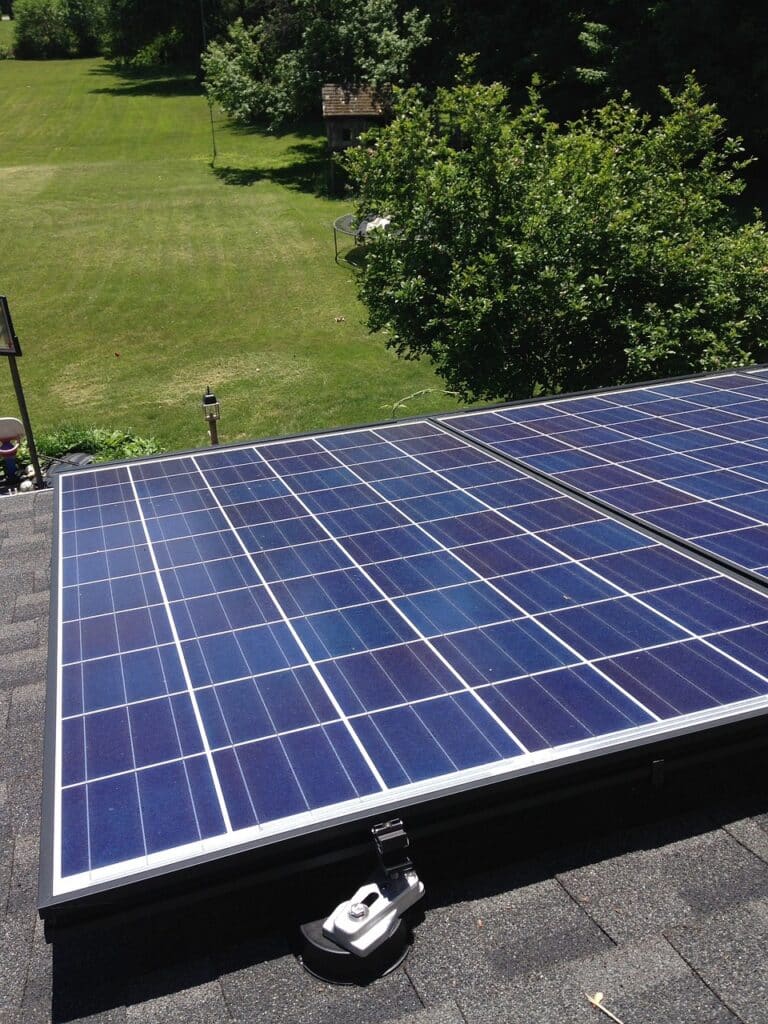
Understanding your home’s energy consumption, detailed on your energy bill, is pivotal in tailoring your solar power system. It informs whether a grid-tied or off-grid system is more appropriate for your needs.
A grid-tied system is connected to the municipal power grid, leveraging it as a virtual battery, offering lower upfront costs, simpler installation, and less maintenance.
In contrast, off-grid systems store energy in batteries and are ideal for remote locations or areas without reliable grid access. However, they come with higher initial often ranging from $15,000 to $35,000 for a basic setup, and may necessitate a lifestyle change to manage energy consumption effectively.
A comprehensive solar project includes designing the layout of the solar system, handling paperwork for incentives, and meeting local requirements.
The type of roof you have or alternative installation locations like ground or pole mounts also play a significant role in your solar system’s efficiency. If your roof is shaded, it might necessitate a larger system to compensate for reduced sun exposure. Consulting with a solar professional can help you navigate these choices and provide a custom quote for your situation. Solar panels not only promise potential savings on energy bills but also contribute positively to the environment by reducing your carbon footprint.
While budgeting for a solar system, it is important to consider it as a significant investment in your property. To alleviate the financial burden, many homeowners take advantage of rebates and tax credits, which can significantly reduce the overall cost. Consulting with a solar expert can clarify these incentives and help determine the most cost-effective approach for your solar installation.
When considering the solar path, remember that solar panels, despite their initial cost, are an investment that can pay dividends in the long term. They not only reduce your monthly utility bills but also increase the value of your home and contribute to a sustainable future. It’s wise to conduct a thorough solar panel consultation to understand all the variables involved, including system size, costs, and potential savings.
Websites like EnergySage and the Database of State Incentives for Renewables & Efficiency (DSIRE) can offer additional insights and tools to calculate the potential costs and savings of solar energy for your home.
Financing Your Solar Panels
When delving into the financial strategies for adopting solar energy, homeowners are presented with a variety of financing options, each with its own set of advantages and considerations:
- Solar Loans: Loans provide a direct path to ownership, allowing you to finance the purchase of your solar panel system over a period of time. Typically, solar loans can be secured or unsecured and come with varying interest rates and terms. They enable you to benefit from solar incentives like the federal investment tax credit, as well as any state credits and rebates. By financing through a loan, you’re investing in an asset that adds value to your property.
- Solar Leases: Leasing a solar system is akin to renting; you pay a fixed monthly fee to use the energy generated by the solar panels. This option often requires no upfront costs and includes maintenance and repairs, as the leasing company retains ownership of the system. Leases can be appealing to those who prefer to avoid the responsibilities of system ownership and still want to reduce their energy bills.
- Power Purchase Agreements (PPAs): With a PPA, you agree to allow a provider to install solar panels on your property, and in return, you purchase the energy produced at a set per-kilowatt-hour rate. This rate is often lower than the local utility’s rate, which can lead to immediate savings on your electricity bills. PPAs are beneficial for those looking to lock in lower energy rates and avoid fluctuations in utility prices.
Financing options also cover the electrical components of the solar panel system, ensuring a comprehensive solution for your energy needs.
Financing a solar panel system through these methods can yield substantial energy cost savings over time and enhance the property value of your home. It’s essential to carefully evaluate each financing option against your budget, the type of solar system you desire, the expected energy savings, and the duration for which you wish to finance the system. When opting for a loan or a lease, it’s also important to compare offers from multiple providers to ensure you secure the best possible terms for your financial situation.
Additionally, some homeowners may qualify for state programs which can offer favorable terms, such as low-interest rates or loan support, making solar systems more accessible. It is also wise to consult with a financial advisor or a solar consultant who can provide a clearer picture of the long-term economic benefits of each option, including potential increases in property values and the impact on your home’s resale value.
Moreover, exploring these financial avenues requires an understanding of how solar investment impacts your home’s energy efficiency and sustainability profile. As solar technology progresses, the cost of solar panels and related equipment continues to decrease, making the financial aspect of solar energy more attractive. Websites like EnergySage and Go Solar California offer calculators and tools to help estimate the costs and returns of solar investments, including how different financing options can affect your overall savings.
Ultimately, the decision on how to finance your solar system should align with your financial goals, energy needs, and personal preferences for system ownership and responsibility. By thoroughly researching and comparing the available options, you can make an informed choice that optimizes both the fiscal and environmental benefits of solar energy.
Conclusion
A solar panel consultation is not merely an informative session but a strategic planning meeting. It’s where your home’s solar potential is unveiled, and financial pathways are clarified. With solar energy consultants at the helm, transitioning to solar becomes a seamless and educated decision. Solar panels, though initially costly, are a significant step towards energy independence and sustainability.
For a free solar calculator and additional resources, prospective solar adopters should explore informative websites such as EnergySage or the Solar Energy Industries Association, which offer a wealth of knowledge on solar investments and energy efficiency.
By addressing concerns like “Do solar panels really save money?” and “Is solar considered a utility?” homeowners can make informed decisions about the viability of solar power in their personal energy landscape. With a thorough solar consultation, the journey towards a greener footprint and a more resilient energy future begins.


